How Bipolar Disorder and Alcohol Use Interact in Daily Life
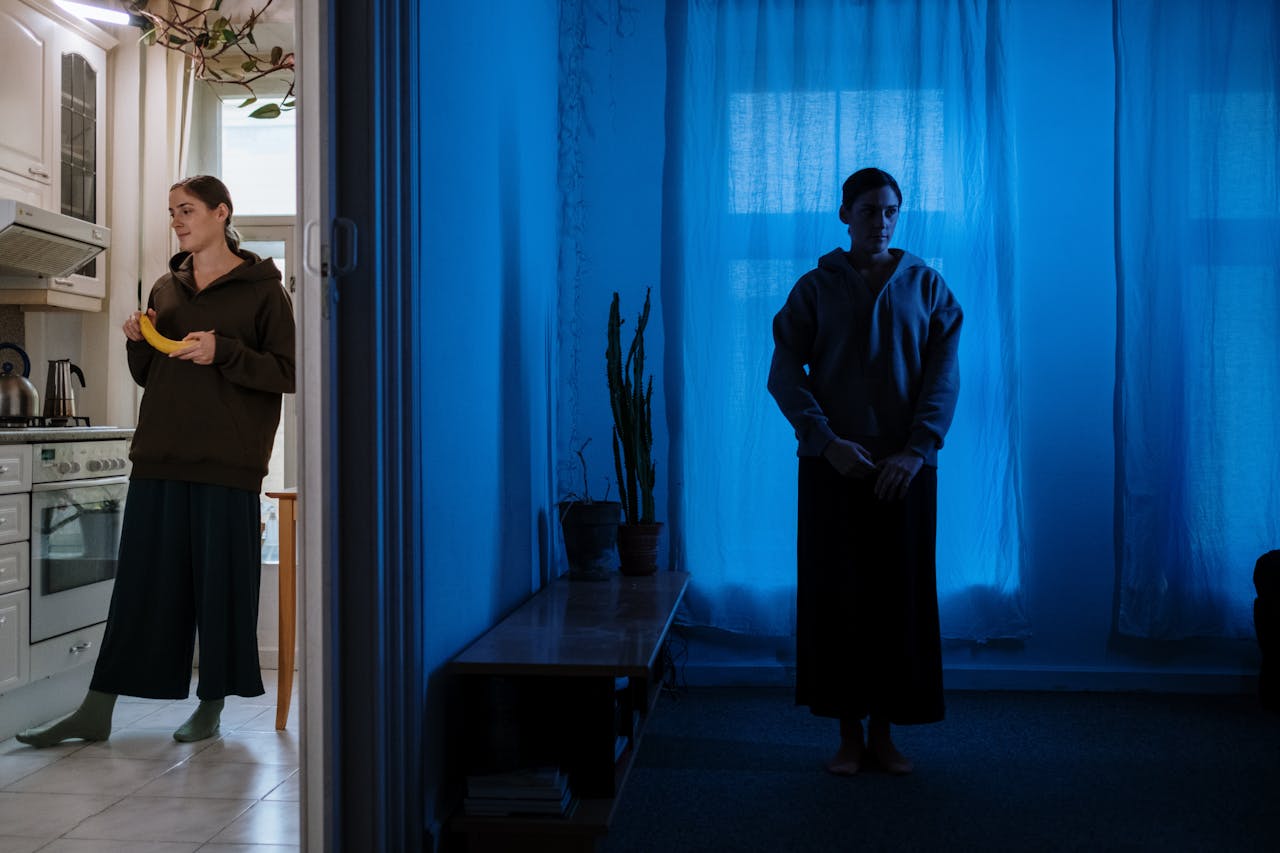
When families face the challenges of bipolar disorder and alcohol, the impact reaches far beyond one person. These two conditions amplify each other and create problems that ripple through every part of daily living. Loved ones often search for answers, and supportive resources like Sun Valley Rehab can make a difference in long-term recovery. Learning how bipolar disorder and alcohol use interact helps people recognize what is happening and why life feels unmanageable. In this article, we will focus on the problems created when alcohol and bipolar disorder overlap, leaving solutions for later discussion. The goal is to provide clarity, raise awareness, and give families language to describe what they are witnessing. Awareness is the first step toward hope and healing.
How Does Alcohol Intensify Mood Instability?
Bipolar disorder and alcohol together create a storm of unpredictable emotions that disrupt daily life. Alcohol acts as a depressant, yet it can also fuel manic highs when consumed during elevated mood states. The swings from euphoria to despair become sharper, and emotional stability fades quickly. In mania, drinking leads to energy surges that feel unstoppable, but the crash that follows can be crushing.
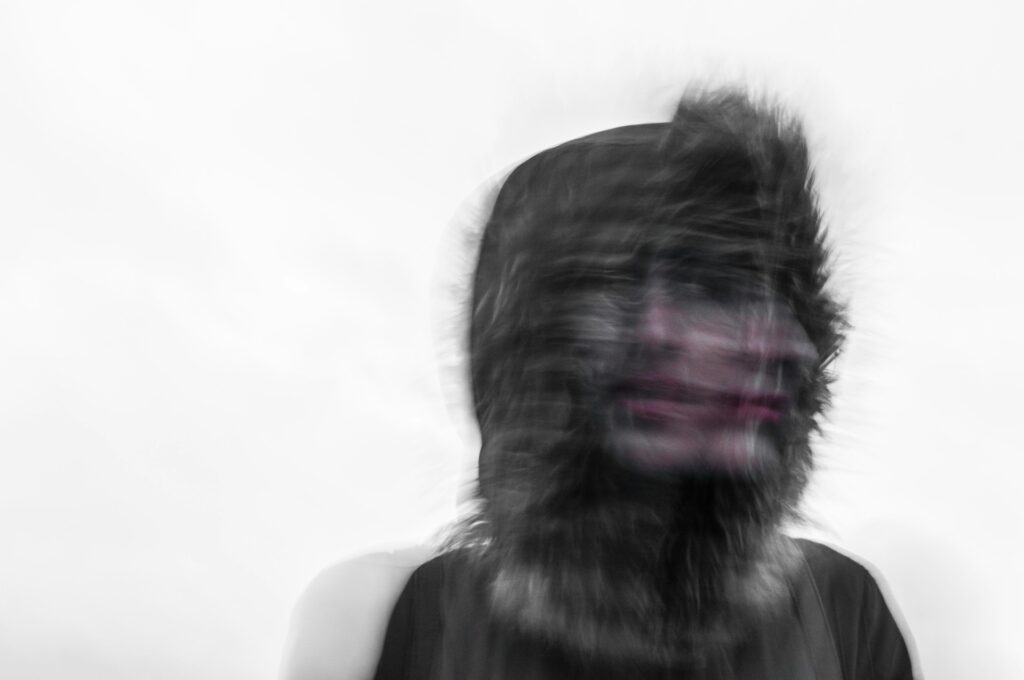
In depression, alcohol adds weight to sadness, pulling individuals further down. Loved ones often feel helpless as they watch sudden mood changes dominate conversations and routines. These cycles are exhausting and often dangerous because people underestimate the intensity of alcohol’s influence on bipolar disorder and alcohol abuse.
What Helps Stabilize Mood Instability?
Managing mood swings requires structured treatment and close monitoring of triggers. Consistent therapy helps individuals recognize early signs of mania or depression. Tracking emotions daily creates awareness of patterns that alcohol once masked. Medical supervision ensures safe adjustments to medications without interference. Building stability takes time, but targeted care reduces the extreme highs and lows.
How Does Alcohol Disrupt Sleep Patterns?
Healthy sleep keeps bipolar symptoms manageable, but alcohol interrupts that fragile balance. Drinking alters the body’s natural rhythm, leading to broken rest, late-night wakefulness, or shallow sleep that leaves a person drained. Someone with bipolar disorder who already battles insomnia or hypersomnia finds these effects multiplied. Inconsistency in sleep contributes to manic outbursts or deep depressive episodes that derail stability. Families notice the exhaustion, irritability, and inability to maintain routines.
The problem becomes a cycle, because poor sleep increases cravings for alcohol, which then makes sleep worse. Without stable rest, it becomes nearly impossible to regulate moods or energy levels, leaving the individual trapped between exhaustion and chaos. This is why specialists often include our program for alcohol detox in Los Angeles as a foundation for restoring stability.
How Can Sleep Be Restored?
Restoring sleep begins with eliminating alcohol to reset the body’s rhythm. Professionals often recommend strict bedtime routines and calming practices that support rest. Medical teams may adjust medications that improve sleep without worsening bipolar symptoms. Tracking sleep patterns shows progress and highlights problems early. Consistency in sleep becomes a protective barrier against future episodes.
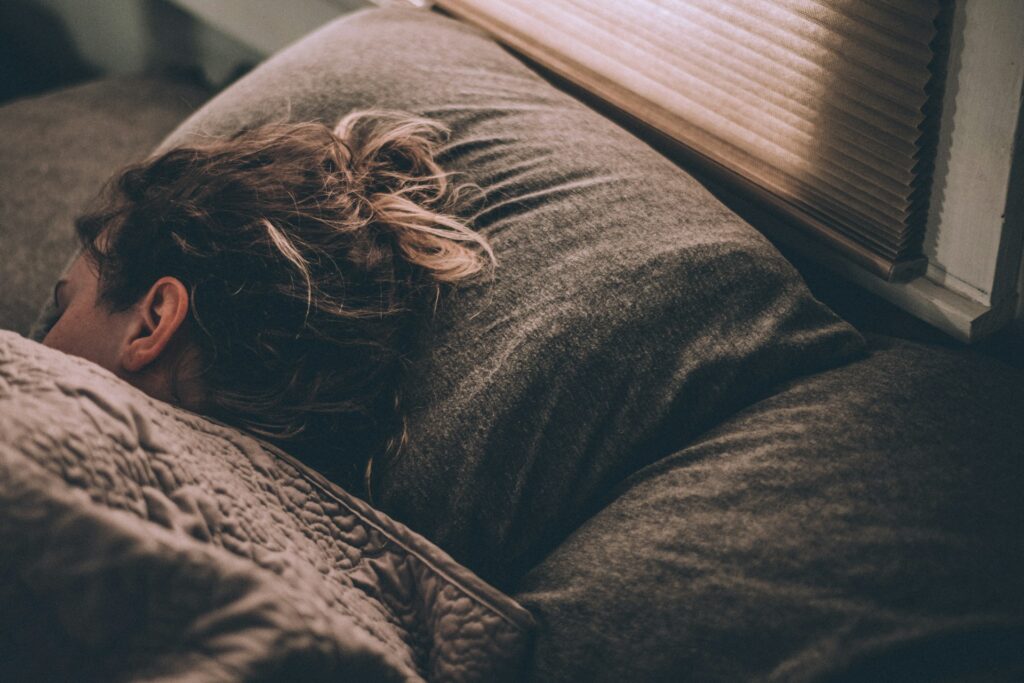
How Does Alcohol Interfere With Medication?
Medications play a central role in managing bipolar disorder, but alcohol reduces their effectiveness. Mood stabilizers, antidepressants, and antipsychotics depend on consistent levels in the body to control symptoms, and alcohol interrupts that balance. Drinking can make side effects worse, creating dizziness, nausea, or dangerous changes in blood pressure. In some cases, alcohol cancels the benefits of medication altogether, leaving mood symptoms unchecked. This sets off a destructive cycle of increased drinking to cope with unstable emotions.
Families often feel confused when medications stop working, not realizing that alcohol is blocking their effectiveness. The hidden danger is that medication and alcohol together may cause harmful reactions that put health at immediate risk. For those dealing with both bipolar disorder and alcohol use, professional supervision in a relapse prevention program in California can prevent these interactions from becoming life-threatening.
How Can Medication Work Effectively Again?
Effectiveness returns when alcohol is removed from the system. Physicians can then safely prescribe and regulate mood stabilizers. Blood levels stay consistent, and side effects reduce without interference. Monitoring progress ensures medications function as intended. With clear medical guidance, individuals regain the full benefits of treatment.
Why Does Alcohol Increase Impulsive Behavior?
Manic states already carry risks of reckless choices, and alcohol magnifies those impulses. Lowered inhibitions push people toward behaviors they would normally avoid, such as unsafe sex, excessive spending, or risky driving. Once alcohol is added, judgment weakens even further, and consequences often arrive quickly. People with bipolar disorder describe feeling out of control, as though decisions are being made on their behalf. Family members may face the fallout of broken trust, legal problems, or financial disasters.
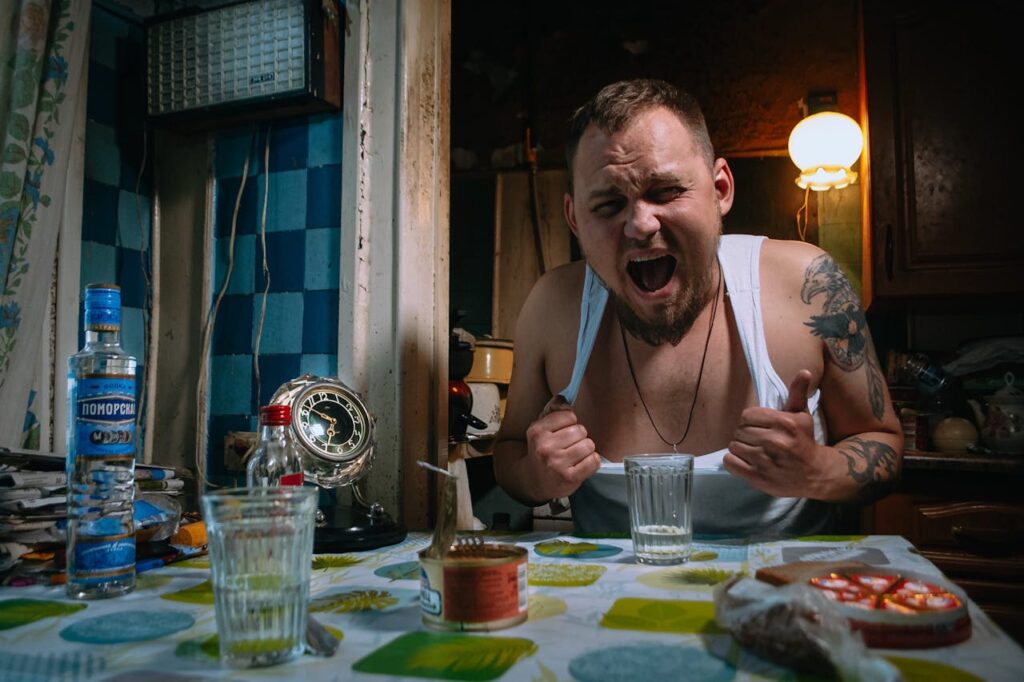
Alcohol acts as fuel for manic fire, removing the few barriers that remain during elevated moods. The result is a life where crisis becomes normal, and recovery feels out of reach. These destructive patterns reveal how alcohol use and bipolar disorder combine into a dangerous mix that cannot be ignored. In severe cases, getting admitted to a residential treatment in Los Angeles is the only safe starting point.
How Can Impulsive Behaviors Be Controlled?
Impulse control strengthens through therapy focused on decision-making skills. Removing alcohol reduces reckless actions during mania. Structured routines provide accountability for finances, relationships, and safety. Cognitive strategies teach patients to pause before reacting. Over time, impulsivity decreases as healthier habits replace destructive ones.
Why Do People Use Alcohol to Cope With Depression?
Depressive episodes drive many to seek relief wherever they can find it, and alcohol often becomes the shortcut. Drinking may briefly numb emotional pain, but the depressive effects of alcohol make sadness worse over time. What begins as an attempt to take the edge off turns into deeper hopelessness and feelings of worthlessness. Alcohol also slows brain function, intensifying fatigue and robbing people of motivation. This creates longer depressive phases and harder recoveries.
Friends and family may notice withdrawal from daily activities, missed obligations, or long periods of isolation. Self-medication with alcohol appears to ease suffering but instead compounds it, creating new obstacles and prolonging despair. This pattern highlights why individual therapy for addiction treatment remains critical for anyone stuck in the cycle of bipolar disorder and alcohol addiction.
How Can Depression Be Managed Without Alcohol?
Depression responds best to professional care instead of self-medication. Safe medical treatments address mood without worsening symptoms. Therapy introduces healthier coping skills that ease sadness. Support systems remind individuals that recovery is possible even during dark periods. Removing alcohol allows depressive episodes to shorten and become less severe.
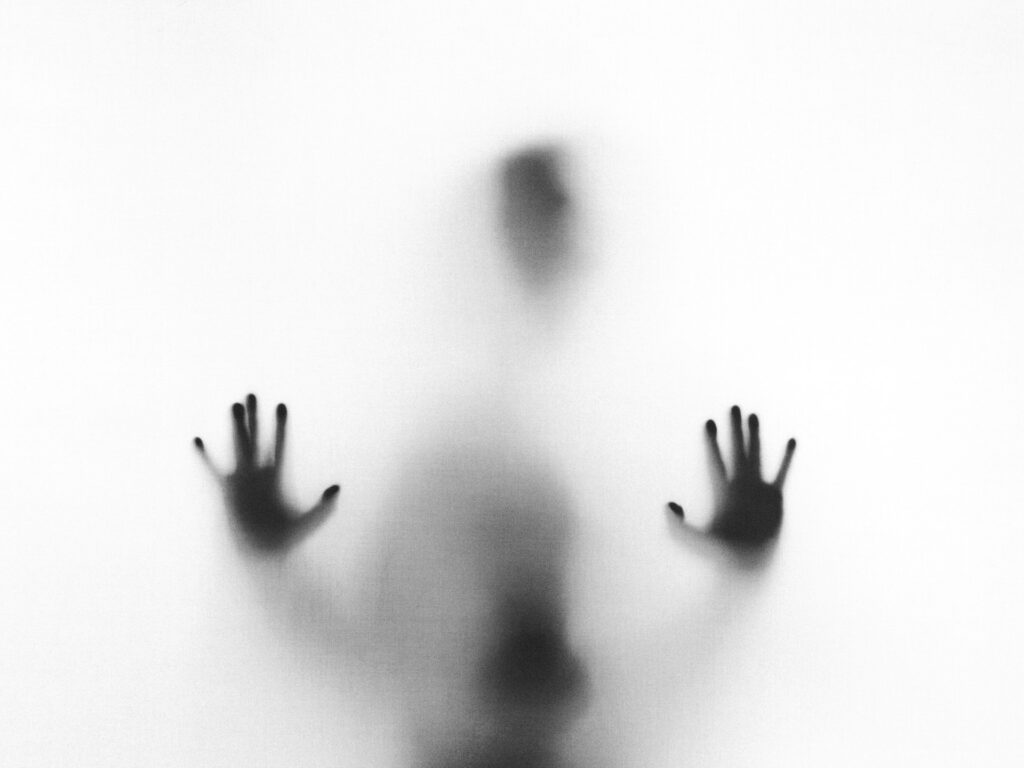
How Does Alcohol Affect Relationships?
Relationships strain under the pressure of bipolar disorder and alcohol use. Arguments escalate quickly, trust is broken, and family members often feel caught between compassion and frustration. Manic episodes combined with drinking can lead to aggressive words or actions, while depressive states create distance and disconnection. Partners and children may walk on eggshells, never knowing which version of their loved one they will face. Friendships fade when social interactions become unpredictable or centered around drinking.
Over time, this isolation leaves the person with bipolar disorder feeling misunderstood and alone, which often fuels further alcohol use. These fractured bonds demonstrate how alcohol and bipolar disorder reach far beyond the individual, shaping the emotional health of entire families. Long-term stability often requires structured help like outpatient alcohol rehab in San Fernando Valley to rebuild connections.
How Can Relationships Recover?
Healing relationships starts with honesty and consistency in treatment. Alcohol-free living reduces conflict and unpredictable behavior. Family therapy creates a safe space to address past harm. Rebuilding trust happens through accountability and time. Support from loved ones strengthens recovery and encourages long-term stability.
How Does Alcohol Interfere With Work and Responsibilities?
Daily functioning becomes almost impossible when bipolar disorder and alcohol intersect. Holding down a job, managing bills, or keeping appointments often falls apart under the strain. Alcohol impairs concentration, while bipolar episodes shift energy from hyperactivity to complete withdrawal. Employers may see missed deadlines, absences, or erratic behavior that affects productivity. Household responsibilities are neglected, leaving clutter, unpaid bills, and disorganization in their wake.
Children may suffer as routines collapse and chaos becomes constant. Stress builds as tasks pile up, and alcohol becomes the false solution for coping. Loved ones often feel the burden of carrying responsibilities alone. This level of dysfunction demonstrates why an effective dual diagnosis treatment center in Los Angeles is necessary to restore basic structure.
How Can Work and Responsibilities Improve?
Functioning returns when alcohol is removed and mood symptoms are managed. Clear schedules and structured goals create accountability. Vocational support programs help rebuild workplace skills. Mental health professionals track progress to reduce relapse risks. Stability at work and home becomes achievable with consistent treatment.

How Do Finances Suffer Under Bipolar Disorder and Alcohol Use?
Money problems often spiral out of control when alcohol and bipolar disorder mix. During manic episodes, individuals may spend excessively on shopping sprees, gambling, or unnecessary luxuries. When alcohol is added, financial decisions become even more reckless. Alcohol itself becomes a costly habit, draining income that should cover essentials. Overdraft fees, credit card debt, and unpaid bills accumulate quickly, leaving families in crisis. In depressive episodes, the motivation to address these problems disappears, leading to mounting financial instability.
Arguments about money become constant, further damaging relationships. Loved ones may find themselves picking up the pieces, paying debts, or struggling to maintain housing. Alcohol use worsens every financial consequence of bipolar disorder, leaving a trail of instability. Families navigating this level of difficulty often find relief through individual therapy for addiction treatment, which uncovers the behaviors behind destructive spending and drinking patterns.
How Can Finances Be Stabilized?
Financial recovery begins when alcohol costs and impulsive spending are eliminated. Budget planning under professional guidance creates structure. Therapy addresses the emotions that fuel reckless financial choices. Over time, savings and responsible spending replace destructive habits. Families gain relief as financial stability improves with healthier decisions.
How Does Alcohol Increase Suicidality Risks?
One of the most dangerous intersections of bipolar disorder and alcohol is the heightened risk of suicide. Alcohol lowers judgment and increases impulsivity, making self-harm more likely during both manic and depressive states. Hopelessness in depression, combined with the disinhibition of alcohol, can lead to fatal decisions in moments of despair. Loved ones often describe these periods as frightening, unpredictable, and overwhelming. Warning signs may be missed because alcohol masks the severity of suicidal thoughts.
Research shows that people with bipolar disorder and alcohol use disorder face one of the highest suicide risk groups of any psychiatric population. This makes awareness critical, not only for individuals but for families who may not realize the level of danger. Safety often requires immediate intervention in settings like a relapse prevention program california to reduce risks.
How Can Suicide Risks Be Lowered?
Suicide risk decreases when alcohol is eliminated and support is immediate. Crisis intervention services create safety in moments of despair. Therapy addresses hopelessness while teaching coping strategies. Consistent monitoring from professionals prevents relapse into dangerous patterns. Families find reassurance knowing safeguards are firmly in place.
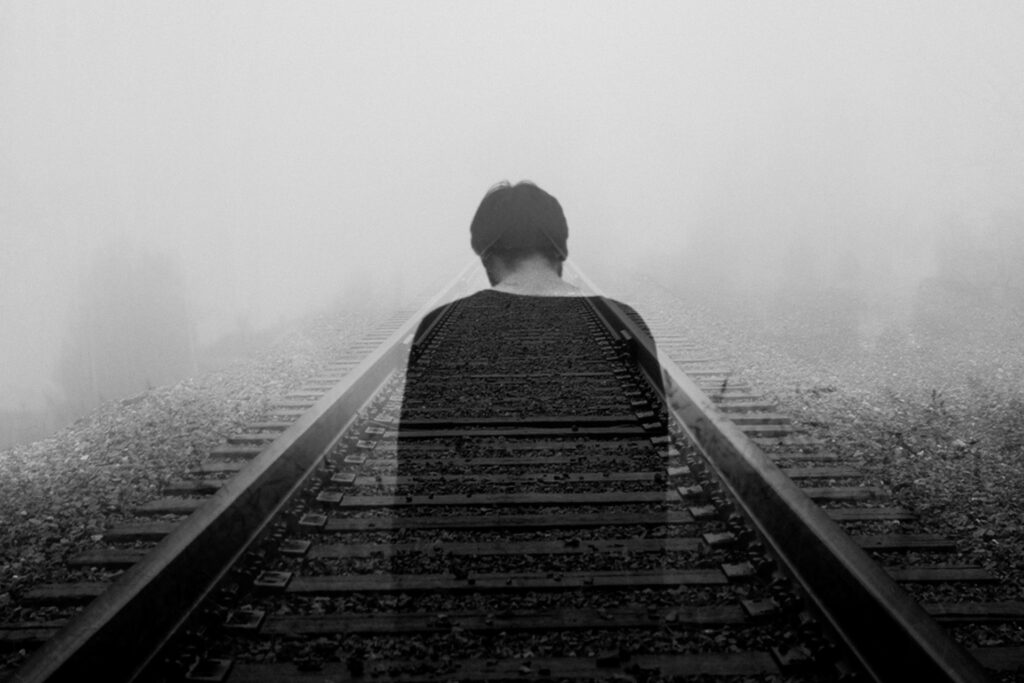
How Does Alcohol Prolong the Cycle of Relapse and Recovery?
Bipolar disorder and alcohol use create a cycle where progress feels constantly undermined. Recovery efforts may begin with genuine hope, but alcohol relapses undo gains and send people back to the start. The presence of alcohol triggers manic behaviors or deepens depressive crashes, causing setbacks even after weeks or months of stability. This cycle frustrates families and leaves individuals believing recovery is impossible.
Each relapse erodes confidence and increases shame, which in turn fuels more drinking. Recovery becomes harder with every failed attempt, as motivation declines. This endless loop highlights why alcohol abuse and bipolar disorder cannot be treated in isolation. Comprehensive support is essential to break the destructive cycle and create lasting stability.
How Can Recovery Cycles Be Broken?
Breaking relapse cycles requires integrated treatment for both conditions. Removing alcohol eliminates the main trigger for setbacks. Therapy reinforces resilience and highlights early warning signs. Medical supervision ensures stability through medication and structured care. Long-term support reduces relapse frequency and strengthens confidence in recovery.
Finding Hope Beyond Bipolar Disorder and Alcohol
Living with bipolar disorder and alcohol in the same household brings constant challenges. Every aspect of daily life, from emotions to sleep to finances, becomes harder to manage. Families see the strain in relationships, work, and safety, and often feel overwhelmed by the chaos. Yet recognizing how alcohol worsens bipolar symptoms is a powerful first step. With awareness comes the ability to seek proper help and create change. Supportive environments like Sun Valley Rehab show that progress is possible when care addresses both conditions together. So, contact us today, and start your recovery journey with the help that you need.
You Have Questions
We Have Answers
At Tranquility Recovery Center, we offer treatment for a wide range of addictions, including alcohol, opioids, prescription drugs, and illicit substances. Our team tailors each program to meet individual needs, focusing on both the physical and emotional aspects of recovery.
At Tranquility Recovery Center, we offer treatment for a wide range of addictions, including alcohol, opioids, prescription drugs, and illicit substances. Our team tailors each program to meet individual needs, focusing on both the physical and emotional aspects of recovery.
At Tranquility Recovery Center, we offer treatment for a wide range of addictions, including alcohol, opioids, prescription drugs, and illicit substances. Our team tailors each program to meet individual needs, focusing on both the physical and emotional aspects of recovery.